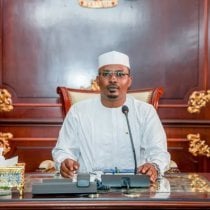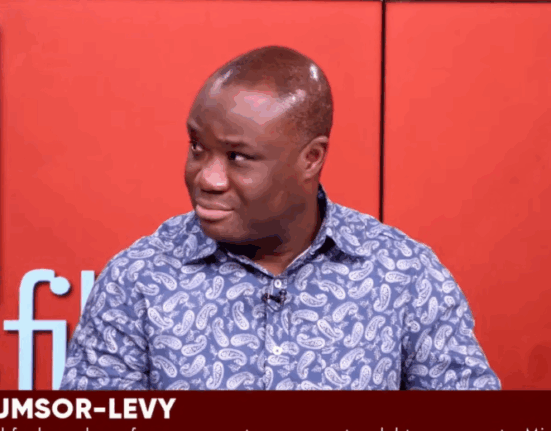Constitutional lawyer, Mike Ozekhome, has raised a critical alarm, stating that Nigeria is gradually heading towards a one-party state and dictatorship. This assertion sheds light on the current political landscape in Nigeria, raising concerns about the erosion of democratic principles and the consolidation of power within a single political entity.
To understand the gravity of this situation, it is essential to delve into the historical and contextual backdrop of Nigeria’s political evolution. Nigeria, a country known for its diverse ethnicities and complex socio-political dynamics, has experienced periods of democratic governance interspersed with military rule and political instability. The transition to democracy in 1999 marked a significant milestone in Nigeria’s history, promising a new era of political freedom, accountability, and respect for the rule of law.
However, despite these promising beginnings, Nigeria has faced ongoing challenges in consolidating its democratic institutions and upholding the principles of good governance. Allegations of electoral malpractice, corruption, and human rights abuses have plagued the country’s political landscape, raising doubts about the sustainability of its democratic experiment.
Mike Ozekhome’s warning about Nigeria’s drift towards a one-party state and dictatorship underscores the growing concentration of power and influence within a single political entity. In a democratic society, the presence of multiple political parties is crucial for fostering healthy competition, ensuring accountability, and representing diverse interests. The dominance of a single party can stifle dissent, suppress opposition voices, and undermine the checks and balances essential for a functioning democracy.
According to Ozekhome, “The democratic space is shrinking daily, with more intolerance for dissenting voices and a growing tendency towards authoritarianism.”
This trend not only threatens the fundamental rights and freedoms of Nigerian citizens but also undermines the credibility and legitimacy of the country’s political system.
The implications of Nigeria’s potential slide towards a one-party state and dictatorship are far-reaching. A lack of political pluralism can result in a stifling of democratic discourse, limited policy choices, and reduced accountability mechanisms. Moreover, the concentration of power in the hands of a single party or leader can lead to abuses of power, erosion of institutional integrity, and a weakening of democratic norms.
As Ozekhome aptly puts it, “The erosion of democratic values and the consolidation of power in the hands of a few pose a significant threat to Nigeria’s democratic aspirations and the rule of law.”
It is imperative for Nigerian citizens, civil society organizations, and the international community to remain vigilant and proactive in safeguarding the country’s democratic institutions and upholding the principles of democracy, transparency, and accountability.
Looking ahead, the trajectory of Nigeria’s political future remains uncertain. The upcoming elections, political developments, and societal dynamics will play a crucial role in determining whether Nigeria steers towards a more inclusive, democratic path or continues on its current course towards authoritarianism. The need for robust civic engagement, respect for the rule of law, and protection of fundamental rights has never been more pressing.
In conclusion, Mike Ozekhome’s warning serves as a stark reminder of the challenges facing Nigeria’s democratic journey. The specter of a one-party state and dictatorship looms large, necessitating collective action and unwavering commitment to defend democracy, uphold human rights, and ensure the accountability of those in power. Nigeria stands at a critical juncture, where the choices made today will shape the country’s future trajectory and determine the fate of its democratic aspirations.









Leave feedback about this